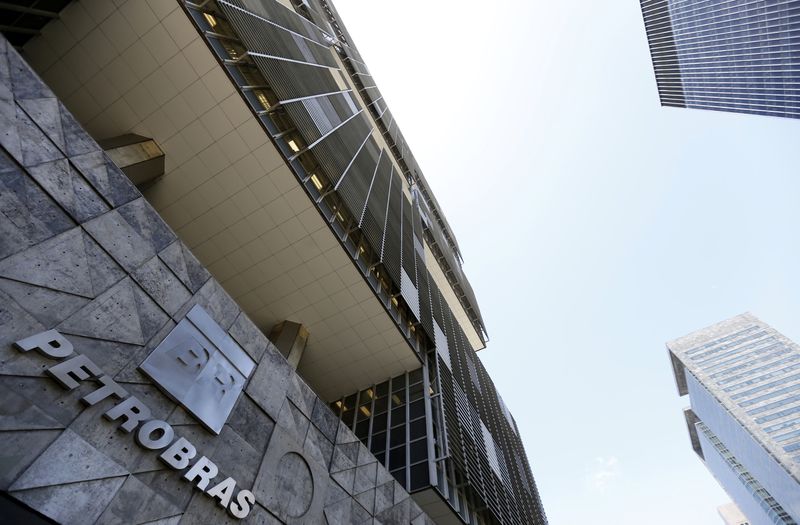By Guillermo Parra-Bernal
SAO PAULO (Reuters) - Brazilian President Dilma Rousseff, dogged by a multibillion-dollar corruption scandal at state-run oil company Petrobras, vowed on Thursday to stamp out graft at the flagship firm and place it under strict corporate governance.
In a speech in the capital, Brasilia, Rousseff urged Brazilians not to lose faith in the vital oil producer, formally known Petróleo Brasileiro SA (SA:PETR4), which government officials have long touted as the crown jewel of Latin America's largest economy.
She also called for a nationwide "pact to fight corruption."
Federal prosecutors have charged 39 people over the past week in an estimated $3.76 billion (£2.4 billion) bribery scheme at Petrobras.
Those indicted include two former Petrobras division heads and more than 20 executives of Brazil's biggest construction and engineering companies.
State-level prosecutors in Rio de Janeiro are seeking further indictments, including that of former Petrobras Chief Executive Officer Jose Sergio Gabrielli.
Rousseff was chairwoman of Petrobras from 2003 to 2010 when much of the alleged graft and money-laundering scheme took place at the company. She has said previously that she did nothing wrong and has pledged to get to the bottom of the scandal.
"The current reality leads us to reiterate our determination to implement within Petrobras the most efficient compliance and corporate governance structure at a Brazilian state-owned company ever," Rousseff said in her speech.
"We have to investigate thoroughly, but without weakening Petrobras," she added.
Prosecutors allege that executives at Petrobras conspired for years to inflate the price of refineries, ships, advertising and other goods and services. They said contractors then kicked-back a percentage of the inflated contracts to executives and members of Rousseff's ruling coalition in the form of bribes and campaign contributions.
Calling corruption a "malaise" that dragged on Brazil for centuries, Rousseff said the government and companies and citizens across Brazil should engage in a long-term effort to eradicate graft and wrongdoing. An accompanying political reform process would be outlined next year, she added.
She did not elaborate. But the Petrobras scandal risks paralyzing infrastructure projects in the country at a time when Rousseff was already struggling to revive economic activity in Brazil.

In her speech, Rousseff promised to unveil a set of measures to jumpstart economic growth when she starts her second, four-year term in office on Jan. 1.
(Additional reporting by Eduardo Simões in São Paulo; Editing by Diane Craft and Tom Brown)